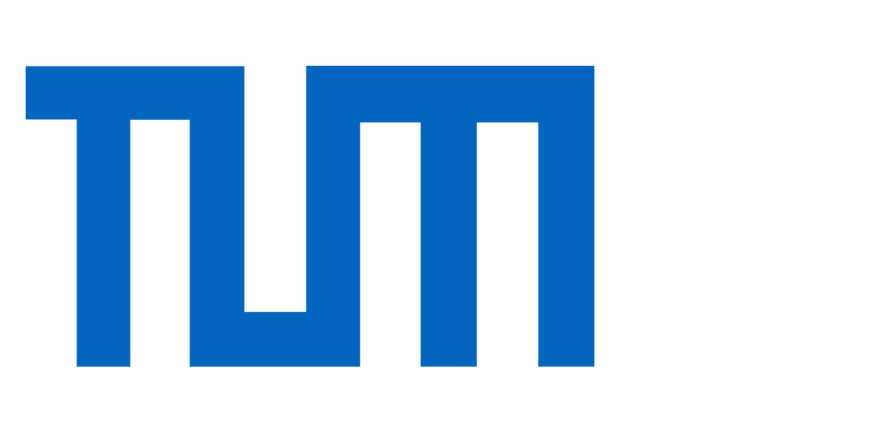In the following we give an overview of our recent publications on physics-based deep learning methods. In particular, we focus on solving various aspects of fluid problems modeled with the Navier-Stokes (NS) equations. These topics are a central theme of the research work in our group. While, naturally, the long term goal would be to simply give the initial conditions of a problem as input to a neural network, and then rely on the network to infer the solution with appropriate accuracy, the complexity of the NS equations makes this an extremely challenging problem.
Thus, we typically consider constrained solution spaces for sub-problems of the NS equations, that we believe are nonetheless very interesting, and useful for their respective domains. In this way, we are also working towards improving the state of the art in order to tackle more and more general problems in the future.
Our publications have targeted different aspects of a typical simulation pipeline, and differ in terms of how deeply integrated they are into the Navier-Stokes solve. The following list is order from loose to tight couplings. E.g., the last entry completely replaces a regular solver.
- CNN-patches: this method is relatively de-coupled from the solving process. We compute flow descriptors, that encode flow properties in an “as-invariant-as-possible” manner. We use these to look up pre-computed patches of 4D data.
- ML-FLIP: this data-driven model captures sub-grid scale formation of droplets for liquid simulations.
- tempoGAN: this GAN approach directly synthesizes a temporally coherent state of an advected quantity such as smoke.
- Latent-space physics: this paper focuses on pressure fields over time. In contrast to the others, it predicts the temporal evolution of pressure in the latent-space of an encoder network.
- Neural Liquid Drop: this method captures full solutions for classes of liquid problems in terms of space-time deformations. As such, it directly generates an implicit surface that could be processed, e.g., for visualization.
- Last year we also had a paper on descriptor learning for fluid flow. Still worth a mention 🙂

